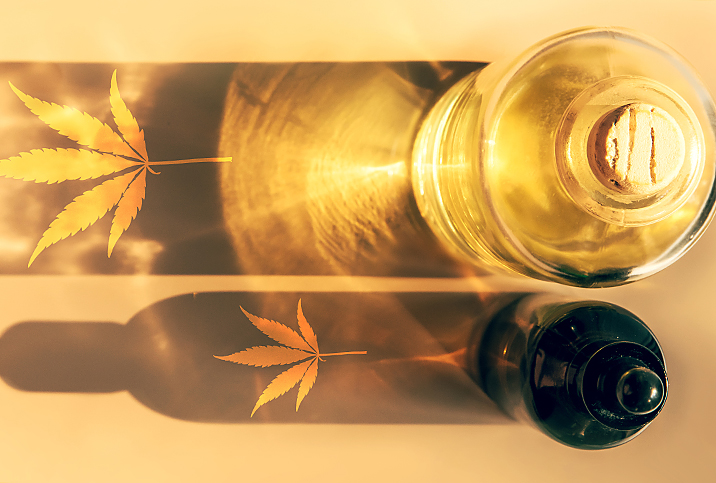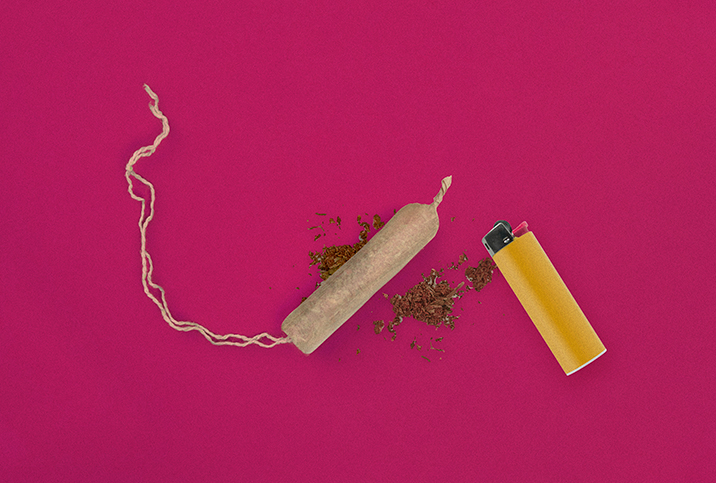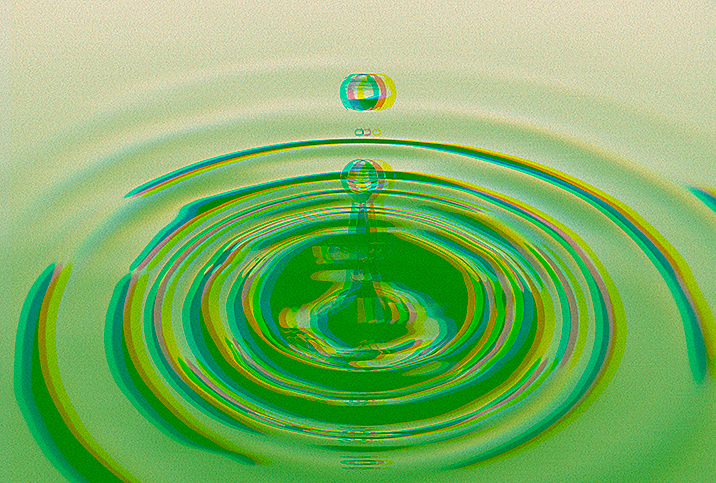Vaginal CBD Suppositories May Have Benefits, But Doctors Are Wary

Cannabidiol (CBD) is massively popular in the United States. According to a survey from January 2021, one-third of adults living in the U.S. have tried CBD in some form at least once. While that's still less than the number of Americans who have tried marijuana, it's impressive given CBD is a relatively recent trend.
CBD, unlike marijuana, is legal in all 50 states, and some forms of CBD, such as Delta-8, offer mild psychoactive effects, though not as intense as the effects of marijuana.
The same January 2021 study indicated 22 percent of CBD users reported it helped them supplement or replace over-the-counter drugs. Commonly cited benefits of CBD include alleviating inflammation, anxiety and insomnia.
The many means of ingesting CBD
Most commonly, CBD is either taken orally or massaged into the skin, but there are products on the market with more unusual forms of ingestion, touting additional benefits if CBD is taken anally or vaginally in the form of a suppository.
"Not all CBD suppositories are created equal," warned Monica Grover, D.O., M.S., head gynecologist at VSPOT, a medical spa specializing in vaginal health.
"The grade and quality of the CBD is important, as well as the formulary type and how easily it dissolves and penetrates the tissues," said Grover. "CBD has anti-inflammatory properties, and helps to also dilate and relax the contracting uterine muscles during menstrual cramps."
When asked why someone might choose a CBD suppository over taking the drug orally, Grover explained that when CBD is ingested, it is sent directly to the liver, which starts to metabolize it, or break it down. This means there is a lower concentration of the active drug that makes it into the body's systemic circulation.
Non-oral delivery methods, such as patches and creams (transdermal) and vaginal or rectal suppositories (transmucosal), allow the medication to take a spin around the body before the liver gets a chance. Suppositories may be preferred over transdermal methods because there is usually better and faster absorption.
'CBD has anti-inflammatory properties, and helps to also dilate and relax the contracting uterine muscles during menstrual cramps.'
Grover also noted many CBD suppositories contain trace amounts of THC to help them work optimally, another component that gets metabolized by the liver if taken orally.
"The anal route would have more bioavailability," Grover said, "but the best source would be a vaginal suppository, as it would directly help the surrounding vaginal tissues, cervix, and the uterine muscle."
However, as board-certified urogynecologist Betsy Greenleaf, D.O., cautioned, "There are no studies demonstrating the effects of CBD in the vagina.
"But, anecdotally, I have utilized this option for patients," Greenleaf continued. "CBD suppositories can be a great option for women that experience painful pelvic floor spasms, pain with intercourse or even severe menstrual cramps. One of the advantages of using suppositories is that effects are closer to where you need it. It avoids [the] side effects of oral consumption."
Greenleaf acknowledged, however, that many physicians might feel uneasy about suggesting vaginal CBD suppositories to patients because of the lack of research as to their effectiveness, as well as a lack of FDA approval.
Proceed with caution
CBD may seem like a miracle fix for many ailments, but the FDA continues to advise caution, as more research is needed on the use of CBD to treat various conditions and illnesses. To date, the FDA has approved only one CBD product, a prescription drug to treat seizures caused by a rare genetic disease.
Additionally, the FDA warns "some companies are marketing products containing cannabis and cannabis-derived compounds in ways that violate the Federal Food, Drug and Cosmetic Act (FD&C Act) and that may put the health and safety of consumers at risk."
Greenleaf pointed out that any supplements or suppositories inserted vaginally fall into the category of "internal consumption," and most products used intravaginally fall into the category of a drug, meaning they are more strictly regulated for over-the-counter approval. This complicates the issue for healthcare providers who might want to suggest CBD to their patients.
"From an FDA standpoint," Greenleaf said, "many of these products are not approved for use. So from an official standpoint, many physicians may not recommend these products out of fear of getting on the bad side of the FDA."
Grover, for example, mentioned she "would be wary of recommending just CBD and would be more inclined to recommend products with medically compounded THC."
Either way, both doctors acknowledged the benefits of medical cannabinoids for anti-inflammatory purposes and pain relief. The issue, it seems, is not with the cannabinoids directly, but rather with the loose regulation around the CBD industry and the lack of FDA approval.
According to the FDA's own statement, one of the biggest hang-ups is simply a lack of data on the effectiveness of CBD use. Furthermore, some CBD products are being marketed with unproven medical claims, leaving their quality suspect.
Still, Greenleaf remains hopeful about the use of CBD in the gynecological field. "I believe that as we advance in our knowledge of CBD, we will soon see more options for use in women's health," she said. "It is just a matter of time before these products are officially approved for use."


















